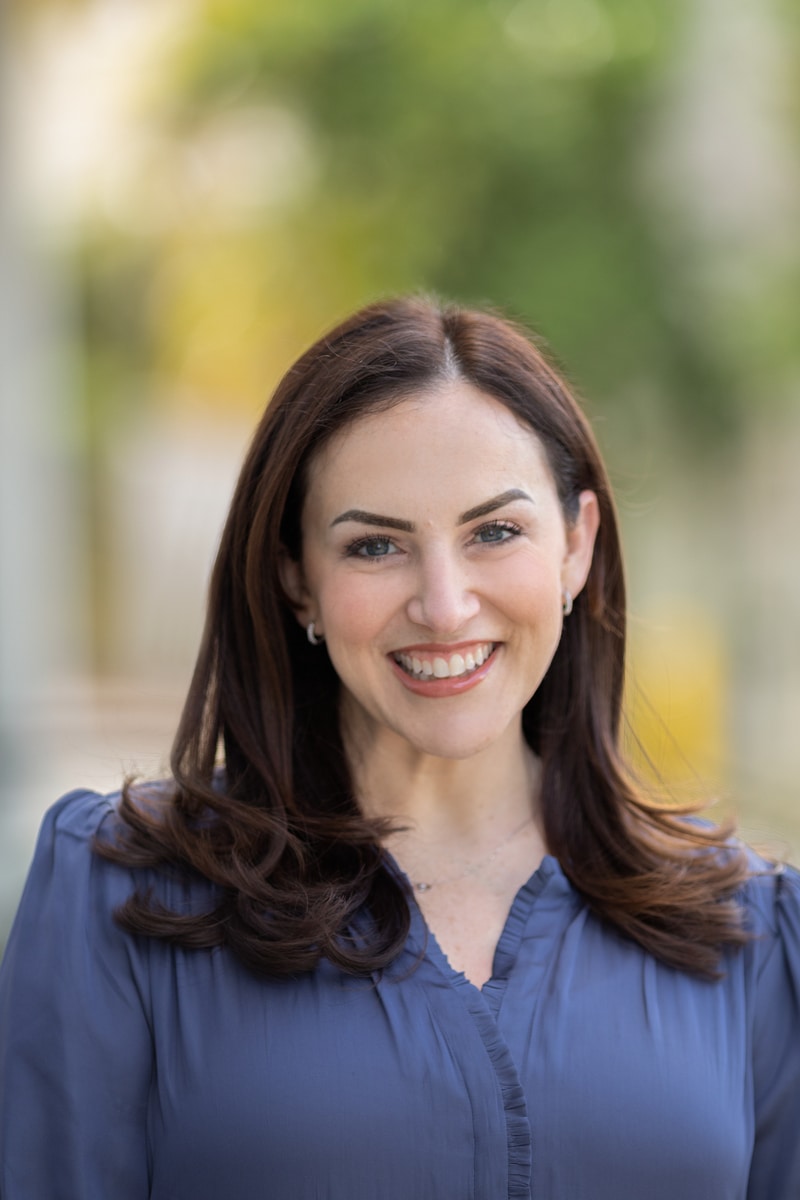When someone gets diagnosed with anorexia nervosa, they are often at beginning of a very long and arduous recovery process. As a complex mental health disorder, anorexia nervosa needs specialized treatment to overcome, and a consistent commitment to recovery. However, recovery is possible with the right aftercare steps in place and a good support system surrounding the individual in treatment.
An anorexia nervosa diagnosis means that a serious and sometimes dangerous mental health condition has come into play; but if you or a loved one is facing this disorder, don’t lose hope. The path to recovery has been planned out and tested by professional eating disorder counselors.
Treatment is so much more than finding an appropriate residential or day treatment program and sticking through it to the end. What the client does after treatment is just as important. When choosing an eating disorder treatment center, it’s essential to find one that includes aftercare support to help ensure recovery continues afterward.
Outlining the Symptoms of Anorexia Nervosa
Anorexia nervosa, perhaps the poster child for eating disorders, is characterized by the DSM-V by restriction of food, extreme weight loss, and the lack of ability to maintain a medically-approved body weight. Another common symptom of anorexia nervosa is a distorted body image in which the individual perceived themselves as fat or otherwise “flawed” or imperfect.
People with anorexia nervosa usually count the number of calories and/or restrict the amount or the types of food they eat. They might also feel a compulsion for excessive exercise, event to the point of skipping social activities, or injuring themselves. Anorexia nervosa impacts people of all ages, genders, races, and social backgrounds. However, it affects young women (from age 16 onwards, although there are examples of cases much earlier) and trans populations much more commonly than others.
Signs and Signals That Someone Has Anorexia Nervosa
Although some cases differ, and there is a correlated disorder known as atypical anorexia nervosa, there are shared characteristics that allow doctors to make a diagnosis. Some of the most common warning signs and symptoms of anorexia nervosa include:
- Refusal to eat certain foods
- Frequent dieting and fasting
- Avoiding public meals or finding excuses not to eat
- An obsession or compulsive behaviors about food, dieting, exercise, counting calories, etc.
- Cooking for others but not eating themselves
- Refusal to eat meals around others
- The inability to maintain a body weight that is appropriate for one’s age, height, and general build
- Stoppage of menstruation
- Fatigue, lethargy, and dizziness
- Consistently finding reasons to skip mealtime or social situations that involve food
Act Early and Secure Anorexia Nervosa Treatment
Early intervention for someone with an anorexia nervosa diagnosis makes treatment easier for both the recovery team and the individual with the disorder. If it is ignored or goes untreated, anorexia nervosa can lead to severe physical and emotional consequences, in some cases even death.
Families and friends a person who might have anorexia nervosa or another eating disorder should talk to their loved one for sure, but they should also seek out professional help as soon as possible. In addition to picking an anorexia nervosa recovery center for their loved ones that includes therapy, nutritional programming, and individualized treatment plans, it’s essential to make sure there is an aftercare program in place to prevent relapses and other setbacks.
Anorexia Nervosa Aftercare: What Do Families Need to Know?
Before an individual discharges from an anorexia nervosa recovery center, they should have a complete aftercare plan set in place. Heading home and back into a regular routine without a solid aftercare plan could set the patient up for failure, with much greater odds for relapse. Most repetitive mental health disorders can be triggered by stress or other difficult situations. Because of the health risk and the high chance of stress-related relapse, a quality anorexia nervosa recovery center will make provisions to ensure aftercare is available.
Committing to working through an aftercare plan is the best way to slowly transition back into day-to-day life after being discharged from treatment. There are lots of viable options for eating disorder counseling after intensive treatment is completed, through day treatment services, group counseling sessions, family-based therapy, and more.









